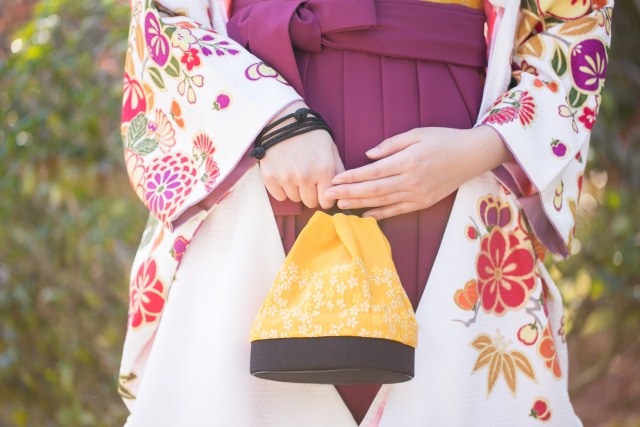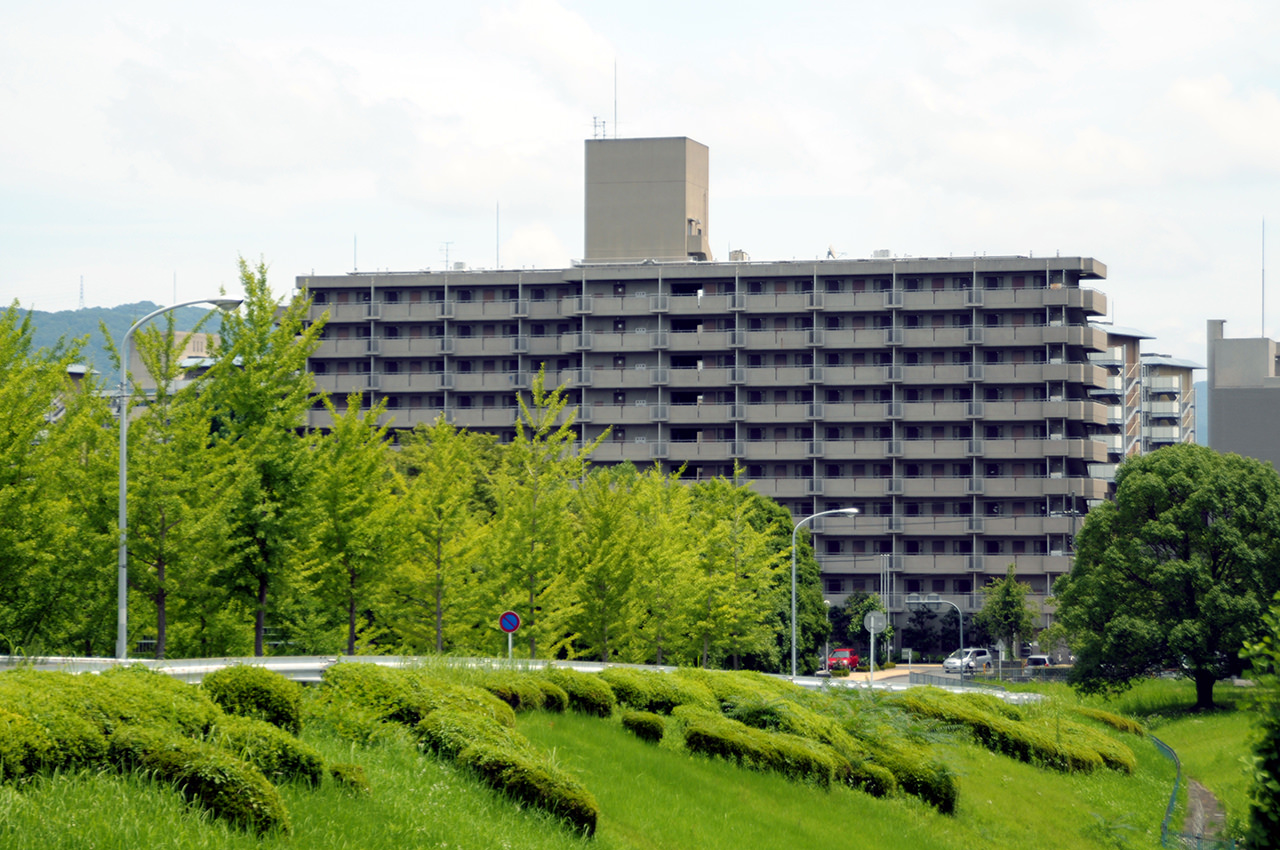Living with COVID: Kyoto Study Abroad During the State of Emergency
2020.10.13
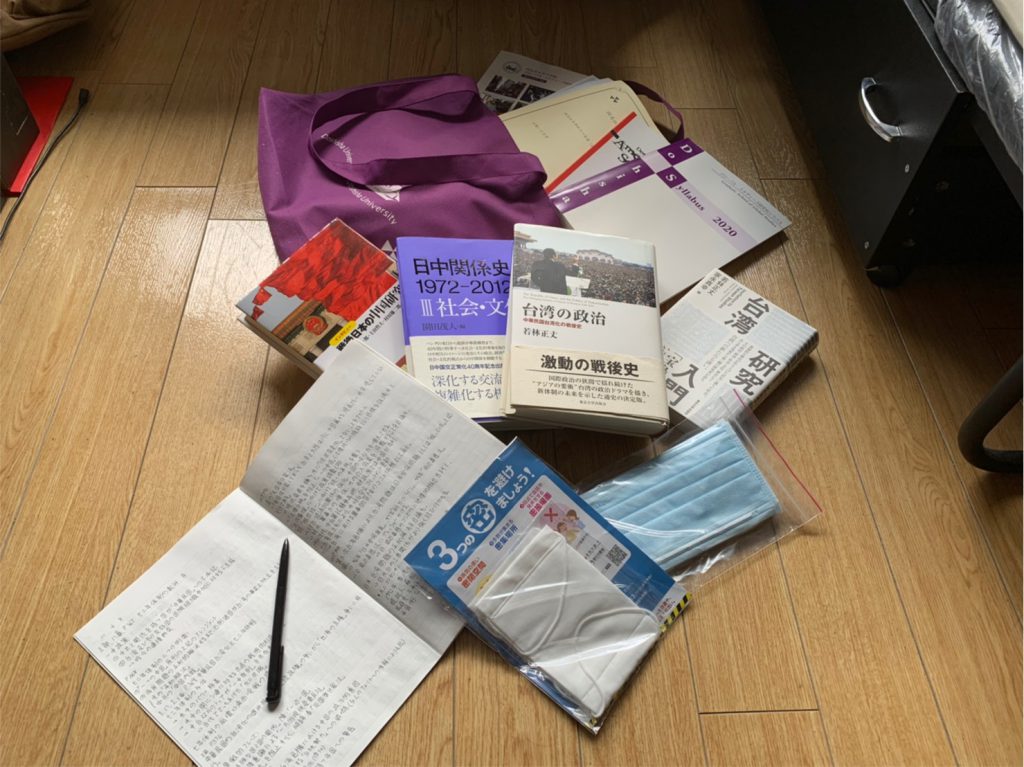
Beginning in April of 2020, Japan instituted a State of Emergency to help stop the spread of the coronavirus. During this period, many university and graduate school campuses closed, and we international students were greatly affected, too. For me in particular, not even a month had passed since I arrived in Japan at the time, so I began my period of staying at home without a full understanding of my surroundings, or what university life was like.
Since we were required to adjust to this new “stay at home” lifestyle, there were very few part-time job listings, and it was difficult to get enough money together to support myself. Furthermore, since we weren’t allowed to visit our university campus, most of my classes were held online with a camera, and since the library was shut, it became difficult to get ahold of research materials.
It might seem like an impossible situation, but even in situations like these, it’s amazing the ways people will find to get through. Governments, schools, and student support organizations also offered a variety of financial support options. The State of Emergency has since been lifted, but the way I lived during that period was an important experience for me. With the following, I’d like to share some information based on those experiences that I think might be helpful for international students and graduate students living through COVID times.
Grad School Life in Kyoto During the Pandemic
University campuses closed this year, so going to school to attend classes was essentially impossible, and new students had to turn to a new style of class, online.
Even though we couldn’t enjoy the campus in-person, online classes are convenient for a number of reasons, too. Here are a few of the merits I found in them.
First of all, while taking a class, you can use the internet to look up something you don’t understand. Unlike in-person classes, in an online class, as long as you aren’t sharing your screen at the moment, other people can’t see your computer screen. If you use your smartphone to look something up in class, it’ll only look like you’re goofing off and not paying attention. If you’re able to look up vocabulary you don’t know, or something you’re curious about while taking a class, you’re able to learn more efficiently.
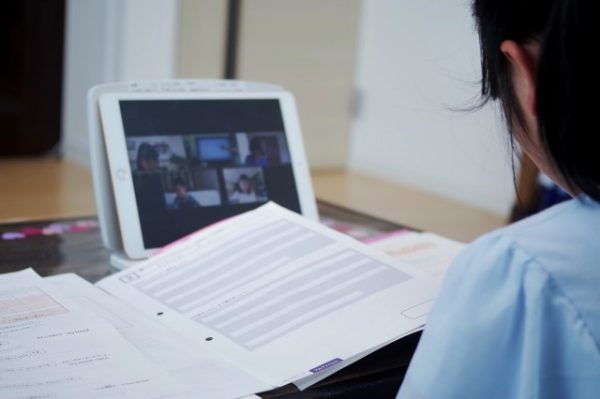
Photo: beauty-box via Photo AC
One other difficulty I faced while my school was closed was getting access to research materials, the most important part of a grad student’s studies. As I’m sure readers know, academic library collections are extremely important for writing, reports, book reviews and dissertations, as well as for day-to-day studying. But when schools began their entrance restrictions, it became harder to access the library, too. We needed to write an application form just to get in.
Because of this, I wasn’t able to take out important literary pieces related to my historical research, but luckily the National Diet Library has a digital collection, and I was able to read a great many books online.
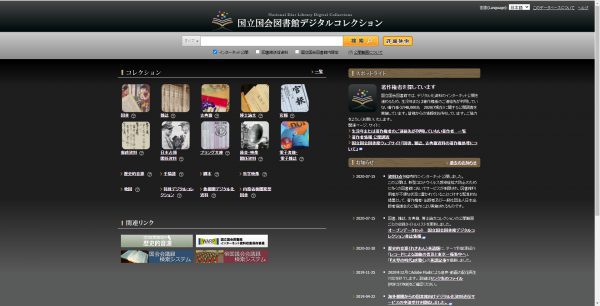
What’s more, it was basically free. You can also sometimes find really helpful books in second hand bookstores for prices as low as 100 or 200 yen. If you can make use of routes like these, you should be able to pull through and continue your research.
How to Gather Funds for Studying Abroad
Being unable to do a part-time job is a matter of life and death for international students. If you don’t have a large amount of savings, or your family isn’t able to send you a large amount of money, you’ll have to collect the funds to finance your own study abroad by yourself, which can make your day-to-day life difficult, and put a burden on your family back home.
To respond to just this kind of situation however, not only universities and the Japanese government, but the Japan Student Services Organization (JASSO) provided various subsidy programs including payments and loans for students. At my own Doshisha University, there are about 10 different scholarships and subsidies of various types available to international students.
In addition to these, the Japanese government started a program in May to provide special subsidies which international students can apply for as long as they have been registered in the basic resident register as of April 27, 2020. I also used these sorts of subsidies to get through a relatively difficult spring semester. Information on this sort of support funding can be found on each university’s website or on the JASSO website, so be sure to check them carefully.






